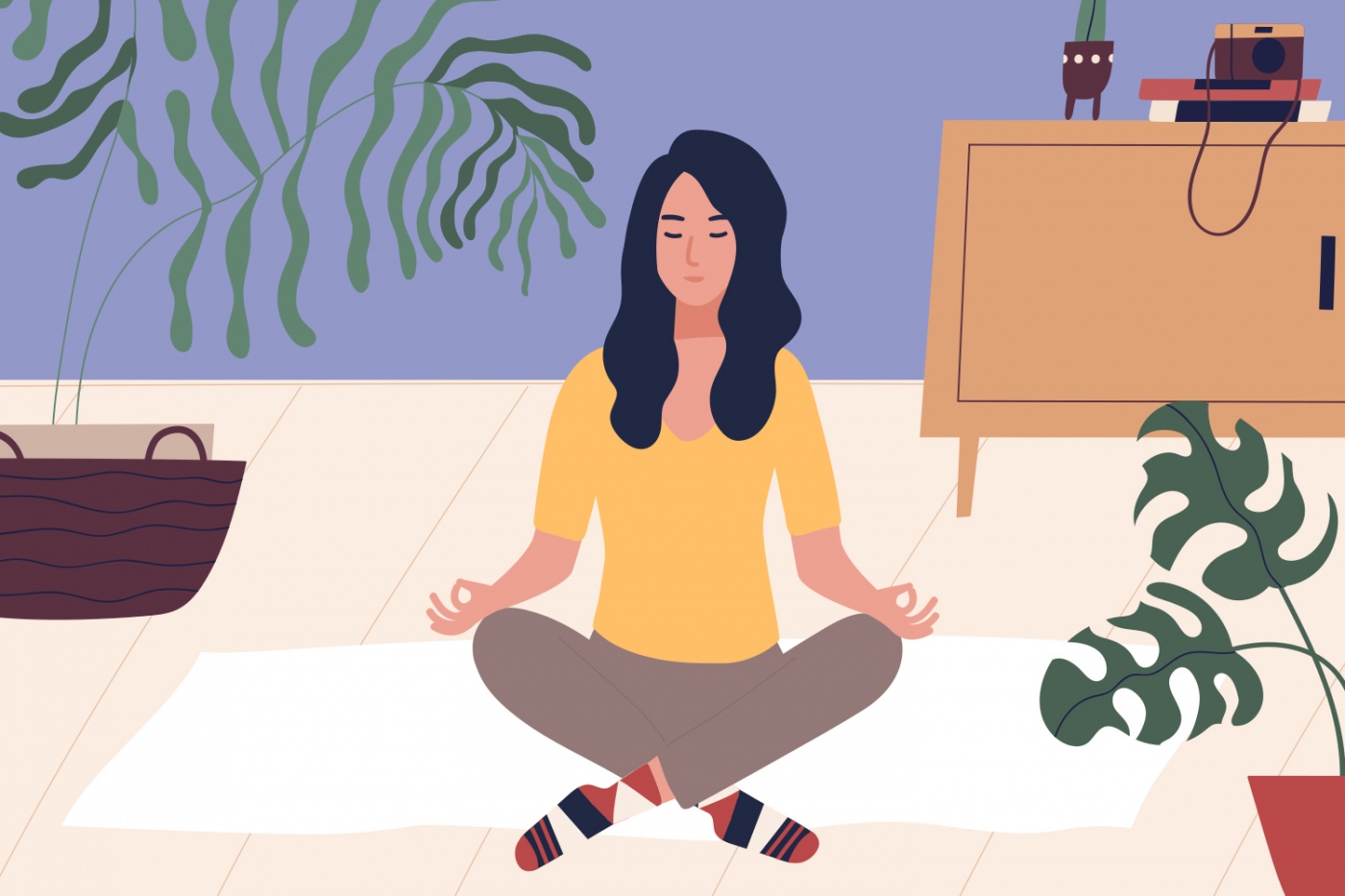The Importance of Doing Nothing and Being Still
Idleness is no crime. Having doses of it can lead to greater productivity.
There is nothing hedonistic nor shameful about savouring the sweet pleasures of idleness, even if society should berate you for it. It is a true art and skill to simply be idle. More than learning how to relish the moment, it is an exercise in disciplining your mind to stop and be still.
In this fast-paced world, if you’re not doing something, you’re condemned as indolent or unproductive. This includes every hour, every minute of your waking life. There are always people to see, work to do, places to visit and checklists to conquer. That is why being busy is the new status quo, because if you’re not, you must be insignificant or maybe even unpopular. Calendars have to be choked to the brim with activities, leaving a minute window of time left for coffee meet-ups for those privileged enough to be on your priority list.
Even Buddha and William Blake have recognised how this obsession with “doing” has become so deeply ingrained in our subconsciousness that it has reached a point of unhealthiness.
Why self-reflecting is important
Confucius (another very wise man) recognised the folly of such fervent frenzy that he espoused the benefits of slowing down to achieve a deeper presence of mind. “Learning without reflection is a waste, reflection without learning is dangerous,” he says. If we keep charging forward without pausing for a moment to take stock of our actions, then it’s easy to miss out on the important lessons worth learning from everyday living.
It may sound strange, but doing nothing might be the most vital skill to thrive in our frenetic, highly connected, WiFi-obsessed culture. There is also too much superficial moving and doing that deep feeling and thinking have become almost extinct. Give yourself the “space” to self-reflect and address your emotions. Question the true purpose behind your actions and how they are serving the bigger purpose of your life. Are they helping you to reach your goals? If they are not, it could be time to rethink your life decisions, because overactivity can lead to regression instead of progress.
A prelude to creativity and wisdom
Naturally, being idle can lead to boredom, but boredom does have a greater purpose. And in many instances, it can be a prelude to something bigger that triggers our imagination and creativity. Consider boredom as a liminal space, a critical resource that pushes us to seek the unfamiliar. It motivates people to find interesting ways to alleviate it, thereby triggering creative ideas.
Back in school when teachers would drone on insufferably about a subject you couldn’t care less for, you would pick up a pen and start doodling on your books, as a way to transcend the excruciating moment. It is precisely this moment of random idleness where your mind expands, and you unconsciously explore and search for something greater to keep the mind occupied. This seemingly aimless thinking eradicates the tunnel vision that comes from being overly fixated on goals. When you’ve no end in mind, you’re likely to accept new ideas and see endless possibilities.
Neuroscientists, too, have recognised the need for downtime. Our brains need to process all the information/data we are constantly deluged with—to consolidate memory and reinforce learning. Andrew Smart, neuroscientist and author of Autopilot: The Art and Science of Doing Nothing explains that our current culture of effectiveness is not only ineffective, but also toxic. He elaborates by saying that there is wisdom that cannot be accessed by conscious control. Paradoxically, you have to stop thinking, in order to open this bank of untapped knowledge. “Our brain, much like an airplane, has an autopilot, which we enter when resting and relinquishing manual control. The autopilot knows where you really want to go, and what you really want to do,” he adds.
French novelist Marcel Proust, one of the most influential authors of the 20th century, understands the wisdom behind this philosophy of doing nothing as well. He says, “There is, following an ample meal, a sort of pause in time, filled with a gentle slackening of thought and energy, when to sit doing nothing gives us a sense of life’s richness and a feeling that the least effort would be intolerable. The melancholy we took with us to table has disappeared.” In these moments of silent contemplation, we are afforded with gratitude and a greater awareness of our existence.
The power of doing nothing
We can all become victims of psychological burnout if we do not know how to calibrate the balance between action and reflection. To prevent that from happening, we need to embrace the power of doing nothing. The question is, where does one begin? It starts with being still. While it may seem like a simple feat, it is more challenging than one can imagine. Resisting the urge to do things requires true willpower, as it is counterintuitive to our present lifestyle. In Buddhism, “busyness is seen as a form of laziness”, so the next time you jam-pack your schedule, you just might be neglecting the bigger picture in life.


